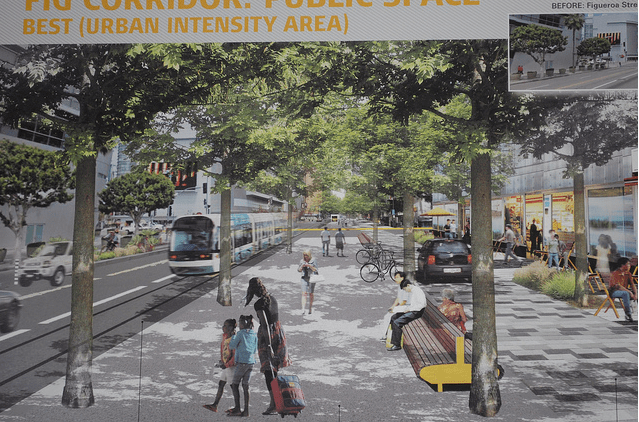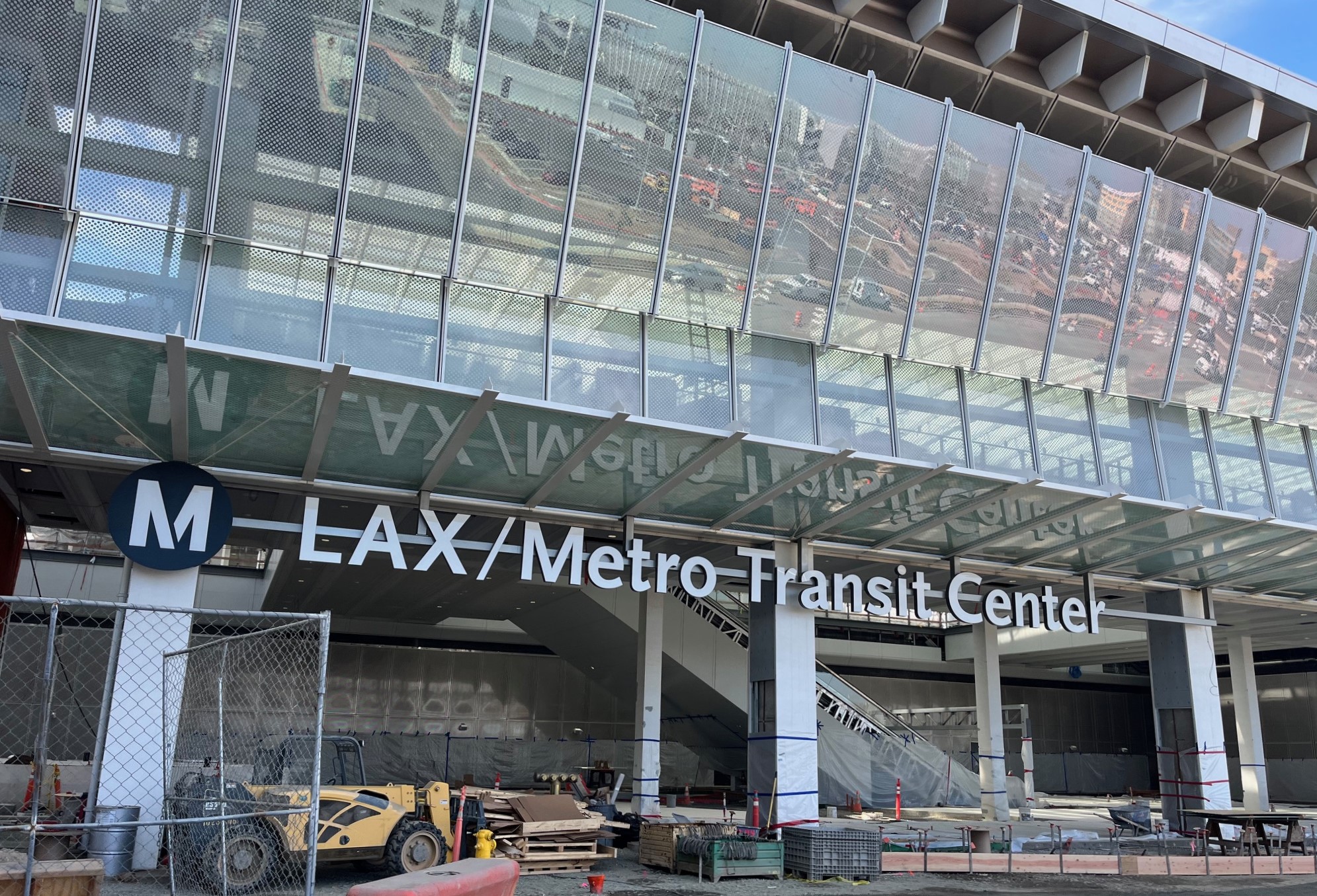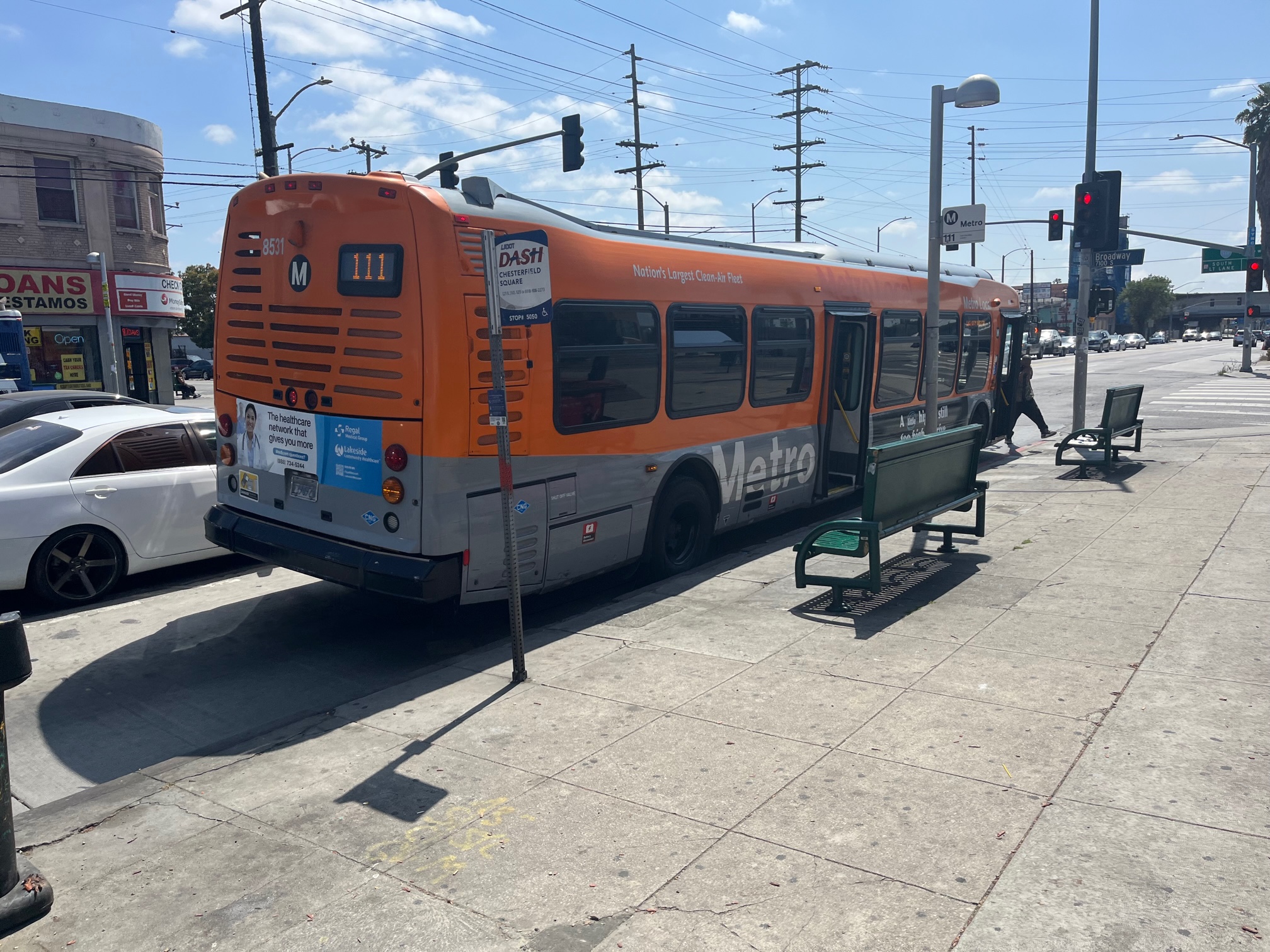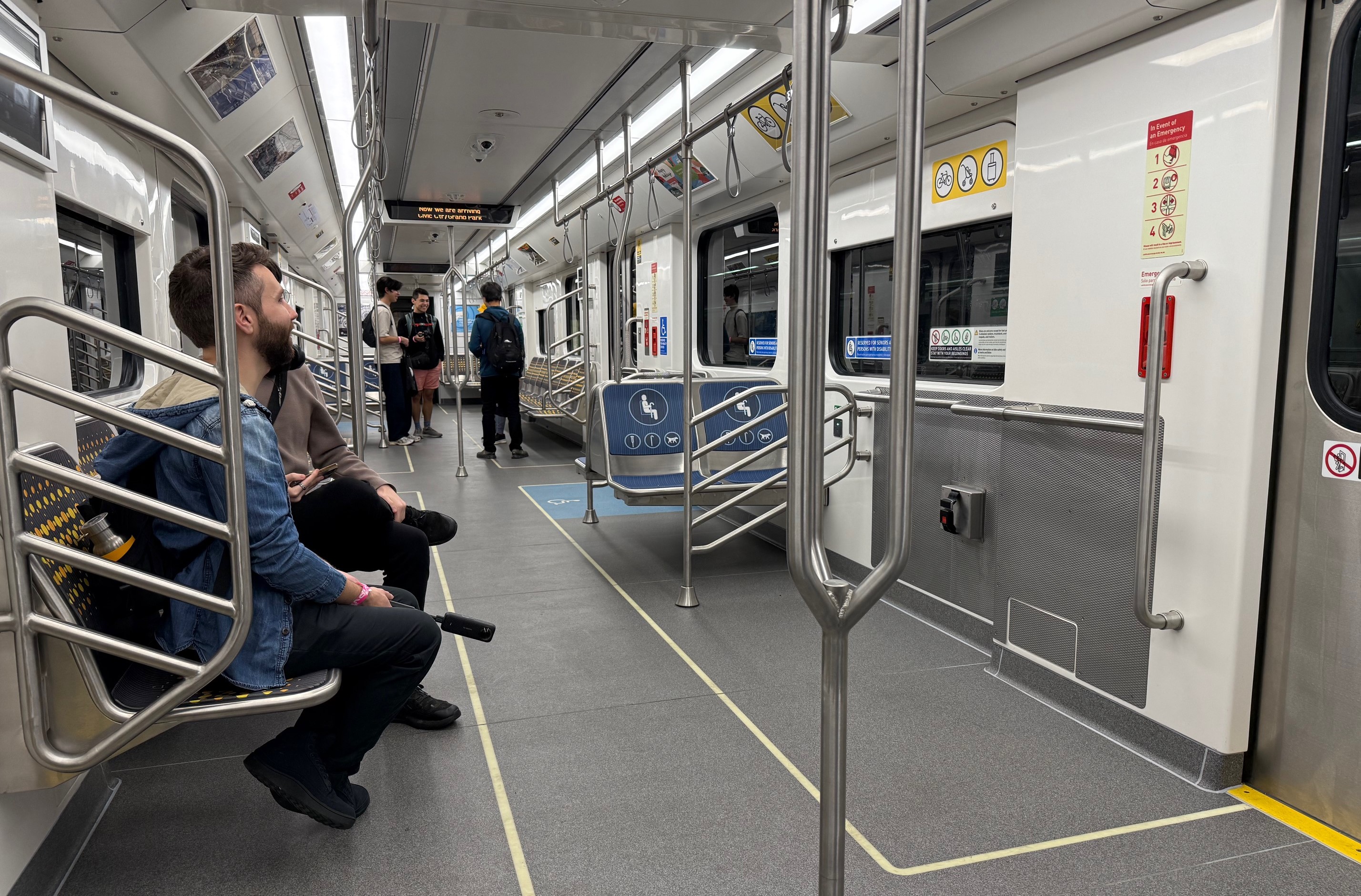
While the politics and drama surrounding the state's decision to do away with Community Redevelopment Agencies has been a top news story around the state, there has been less attention paid to what will happen to various projects of the agency. For Streetsblog readers, concerns about the future of various open space, bicycle parking and even the ground breaking South Figueroa Corridor Project are at the top of the list.
The main reason for the relative quiet on this issue is the most obvious: despite a February 1 execution date for the CRA, nobody knows what's going to happen to the agency. Yesterday's news that the city's government accountability office reccomended that the city not absorb the agency only makes the issue less clear. The ball still lies with the Mayor and City Council on whether the city will step up or whether a successor agency led by a city and county appointed Board of Directors will see to the remaining projects.
The California Planning and Development Report outlines what options exist for cities dealing with the loss of their CRA's under new state law and recent court rulings.
"It's not like there's an instruction manual for this situation," supplies David Bloom, a spokesman for the CRA. "This is a very complicated and messy situation."
As for the thinking of the political leadership of the city, the silence has been deafening. Most of Streetsblog's sources at 200 Spring Street have either skipped commenting or offered some non-informative answers such as the LADOT spokesman who offered, "The Mayor and City Council will decide what will happen next."
In its most recent Call for Projects, Metro funded roughly 700 bicycle parking spaces along Expo Rail and other Measure R projects. The bicycle parking program outlined by the CRA included plans for facilities similar to Bike Station in Long Beach, Bike Stop in Burbank and the mammoth Bike Center in Santa Monica. What is the future of these projects? Three weeks away from the dissolution of the CRA, even Metro didn't have an answer.
"Metro is currently assessing the implications of the legislation abolishing CRA in terms of funding committed in Metro’s call for projects," writes Gayle Anderson with Metro Communications. "The facts of each contract will determine if they will qualify as an existing obligation and thus can be funded. In some cases it may be up to the sponsoring city to determine if it desires to continue with the project."
For now, transportation reformers have to wait and see what happens next. Within the next couple of days the City Council should decide whether or not Los Angeles is going to take a leadership role or stay away due to the agency's other obligations and pending lawsuits. If the Council steps back, it will be up to the county to create a "successor agency."




